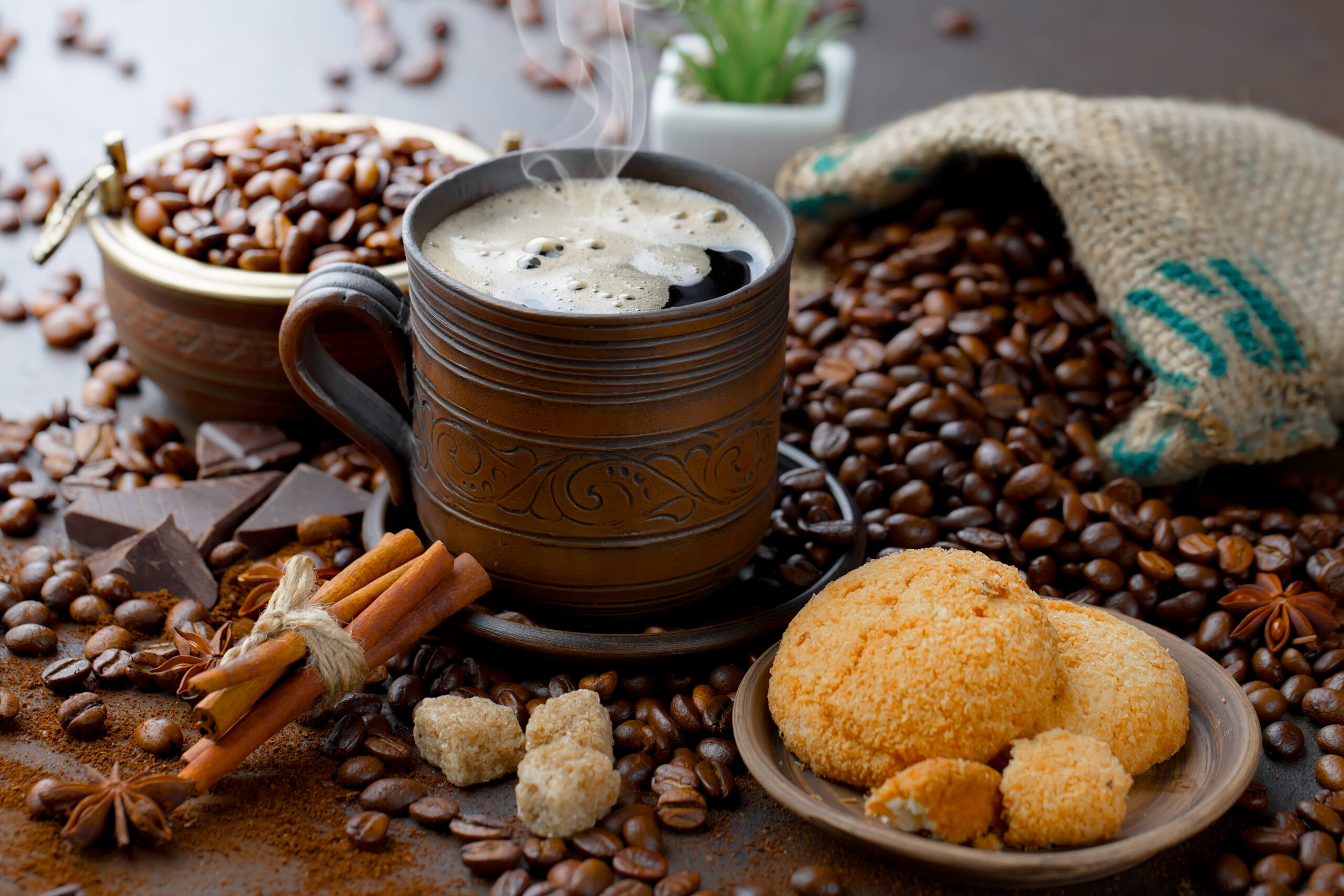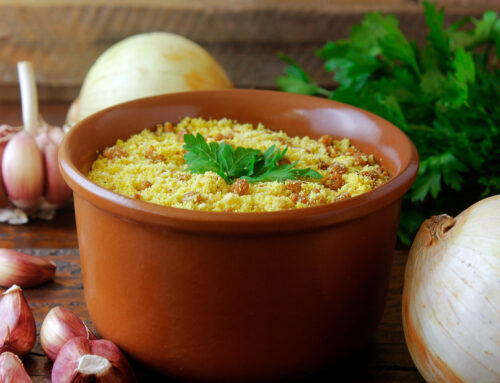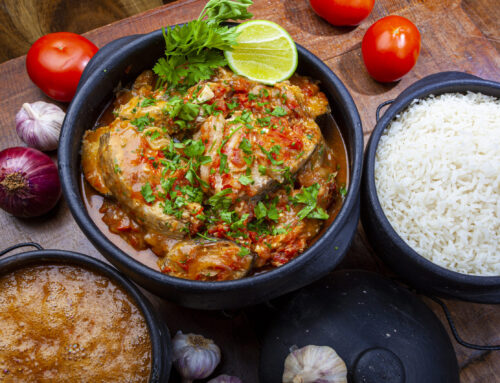In Brazil, coffee transcends its mere status as a drink—it is a cultural entity, a heritage that resonates through the veins of the country and its social ties. This article takes you on an intimate journey through Brazil’s most renowned producing regions, exploring how the culture of coffee intertwines with life, the economy, and national identity.
The Soul of Coffee in Brazilian Society
Coffee in Brazil is more than just cultivation; it is a daily celebration. From the first beans planted in Pará and Bahia in the 18th century to the expansion into the Paraíba Valley, coffee has shaped Brazilian history and society. Coffee farms, initially sustained by enslaved labor and later by immigrants, became the center of wealth that propelled the Brazilian economy for decades.
Today, the pause for a “cafezinho” permeates all levels of society, being a practice that unites people, fosters conversations, and strengthens relationships, both in the domestic and corporate environments. This pause is a testament to Brazilian hospitality, where each cup offered is a gesture of welcome and camaraderie.

Notable Producing Regions

Southern Minas Gerais
Southern Minas is emblematic for its rolling hills and fertile soil, ideal characteristics for coffee production. The region is known for its medium to full-bodied coffees, with notes of chocolate, nuts, and a subtle hint of citrus fruits. Small family-owned properties predominate, and manual harvesting preserves the superior quality of the beans.
Alta Mogiana (São Paulo and Minas Gerais)
Famous for its red soil and ideal altitude, the Alta Mogiana region produces coffees with an excellent reputation. The beans grown here are often awarded for their balanced profile and flavor that features a sweet combination of caramel, chocolate, and fruit. The tradition and pride of the producers are reflected in the exceptional quality of the coffee.
Cerrado Mineiro
The first Brazilian “terroir” designated for coffee, the Cerrado Mineiro, spans vast plateaus with altitudes ranging from 800 to 1,300 meters. This region is privileged to have a well-defined dry season during the harvest, which is crucial for producing clean, full-bodied coffees with notes of chocolate and nuts, complemented by a crisp acidity.
Espírito Santo
Varied in its climatic conditions, Espírito Santo produces both Arabica and Robusta (Conilon) coffees. The region of the Espírito Santo Mountains is particularly notable for its high-quality Arabicas, which boast complex nuances ranging from sweet to fruity, while the local Robusta is valued for its dense and vigorous body.
Bahia – Chapada Diamantina Region
Chapada Diamantina, with its mild climate and altitudes reaching up to 1,400 meters, is the rising star in the Brazilian specialty coffee scene. The coffees here are celebrated for their bright acidity and floral notes, reminiscent of honey and tropical fruits.
The culture of coffee in Brazil is a rich tapestry of stories, flavors, and traditions. Each producing region brings a unique flavor to the table, reflecting the diversity and richness of the country. For Brazilians, coffee is not just a beverage—it is an invitation to communion, an expression of identity, and a legacy of love and dedication that continues to thrive in every cup served. In every sip, the essence of Brazil resonates.








